WHY DO HORSEFLIES BITE PEOPLE?
PICKS FOR YOU
When the weather warms up during summer, people expose more skin to enjoy the warmth, in places such as Scotland. Horseflies take advantage and bite the legs and arms to suck blood. It is the female horseflies that suck blood and use the protein for egg laying. The male horseflies feed on pollen and nectar.
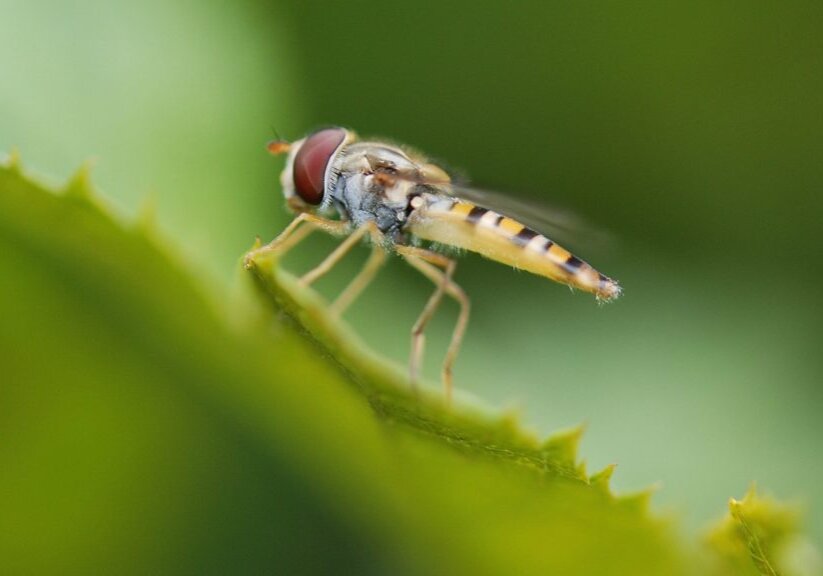
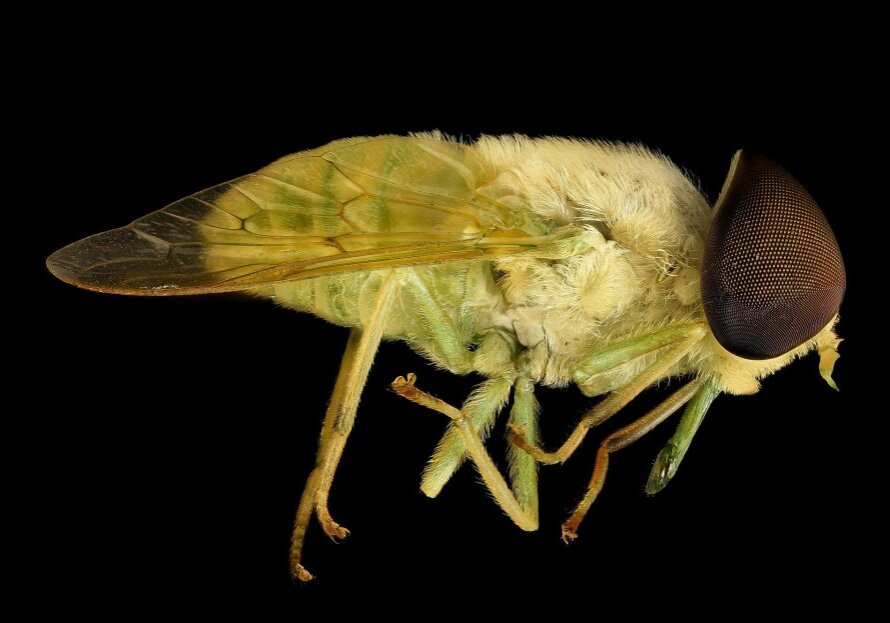
According to Royal Pharmaceutical Society in Scotland, the bite is very painful and results in red, fluid-filled blisters. Some victims have ended up in the hospital seeking medical attention when the wounds become infected. You can prevent horsefly bites by using insect repellants and bearing loose summer clothing. Alternatively, you can contact a pharmacist for advice on how to deal with the horsefly bites.
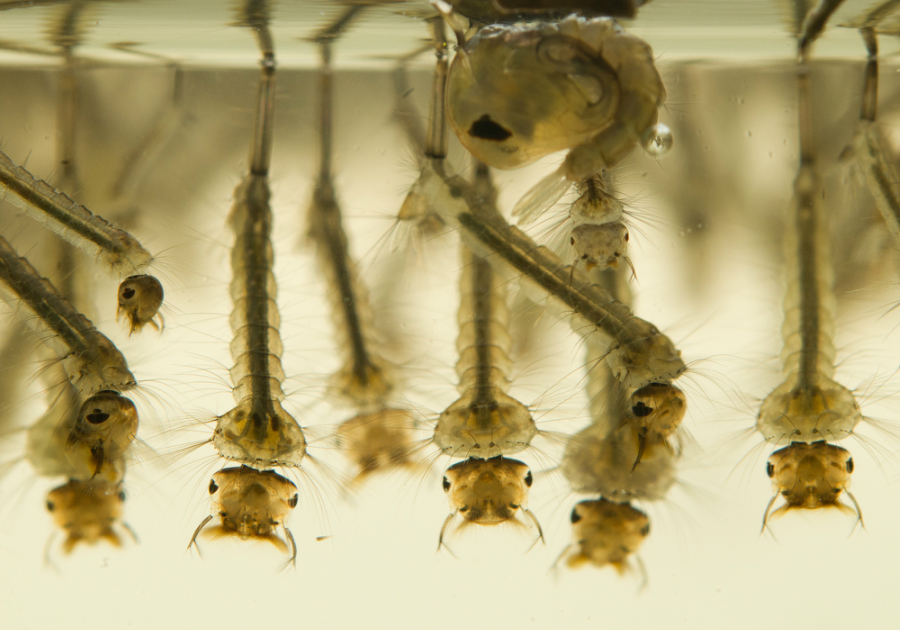
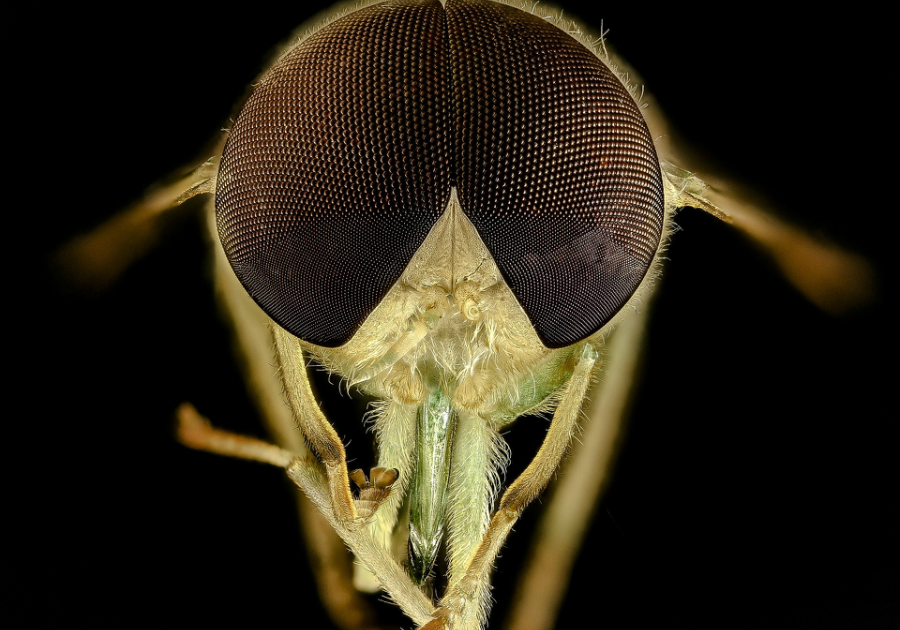
The horsefly is a hairy fly in the family of Tabanidae, order Diptera, class Insecta in the phylum Arthropoda. The larger horseflies such as the 2.5-centimeter black horsefly belong to the genus Tabanus. The common horsefly with brilliantly colored eyes and brown, black, or yellow bodies are members of the genus Chrysops. The deerfly native in Africa and a carrier of the diseases including anthrax and tularemia is a member of the Chrysops group.
Horseflies lay eggs on stones or plants close to water, which hatch into larvae that move around using protuberances on each body segment. The larvae feed on insect larvae and snails.
Sign up to learn about new articles!
Be the first to know when we post a new nuggets of wisdom on Zala Hub. Read exciting and educative articles about the natural world!
RECENT POSTS
How do flies spread disease?
HOW DO FLIES SPREAD DISEASE? Housefly (musca domestica) Fly Based on a report by the World Health Organization, house flies,…
Read MoreHow do African flies survive severe drought?
HOW DO AFRICAN FLIES SURVIVE SEVERE DROUGHT? They survive by turning into a glassy substance, something similar to solidified sugar…
Read More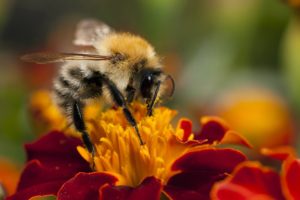
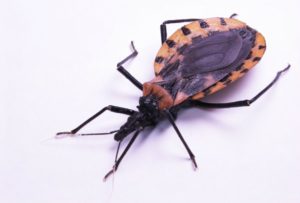
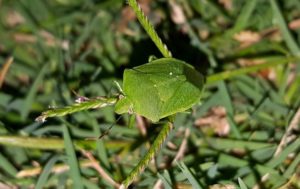
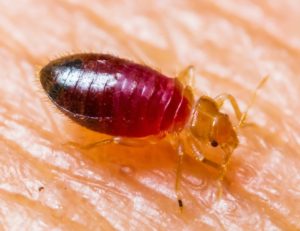
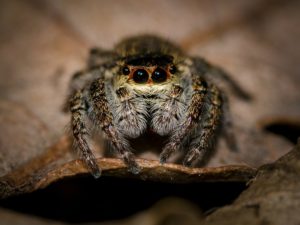
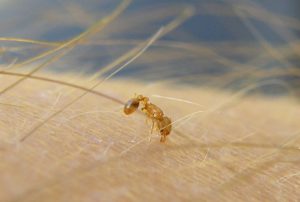
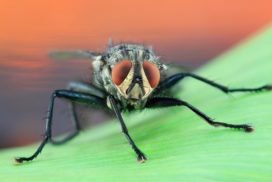
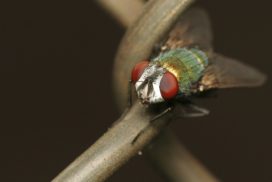
I’m often to blogging and i actually respect your content. The article has really peaks my interest. I’m going to bookmark your site and hold checking for brand new information.
Great aгticle, exactly what I wanted to find.